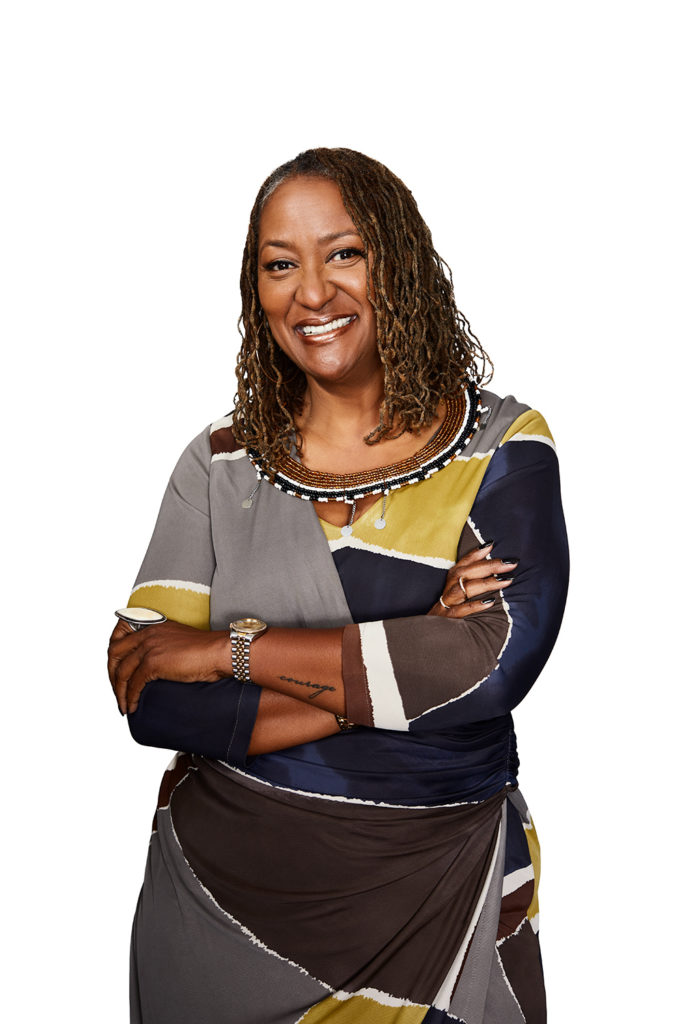Holly Mitchell is a member of the Los Angeles County Board of Supervisors representing the Second District. Among the cities within her district are Carson, Compton, Culver City and Inglewood and also part of the Westchester neighborhood. We spoke to her about her goals as a supervisor. Supervisor Mitchell was interviewed by email by Editor Joseph Wakelee-Lynch.

Los Angeles County has an all-female Board of Supervisors for the first time in history. What do you hope will be your impact?
I am proud to serve alongside these dynamic women during this historic moment for L.A. County. Each supervisor has a unique lived experience and expertise that is needed for creating equitable policies that improve the quality of life for the 10 million residents we represent. This is bigger than the seats we hold. It’s also about showing what women in leadership can do. My hope is that part of our legacy will be to strengthen county services for the millions of residents who rely on us, execute substantive public policies that help ensure an equitable recovery, make a visible impact on our homelessness crisis, and improve the quality of life so that all residents can thrive.
You co-authored a motion to transfer the Bruce’s Beach property in Manhattan Beach to the descendants of its rightful owners. What is the significance of that act?
We are on the precipice of returning this land, thanks to years of advocacy from elected and community leaders including the first Black city councilmember of Manhattan Beach, Mitch Ward, and dedicated coalitions like Justice for Bruce’s Beach. Getting to this point required Gov. Gavin Newsom to sign California Senate Bill 796, authored by State Sen. Steve Bradford, allowing the county to legally return the land. Now the most important step is the county’s. Thanks to the motion I co-authored with Supervisor Janice Hahn, the county will return this land back to the Bruce family. Bruce’s Beach is an example of how we can correct the wrongs of the past that still live on today. As the county continues to put into action its commitment to anti-racism and equity, the return of Bruce’s Beach serves as a monumental step for justice. That can help set a national precedent for how we support reparations.
What are the greatest needs of families and children as a result of the pandemic?
Many families were struggling to make ends meet prior to COVID-19 and have been pushed into deep poverty or are barely hanging on. A few pressing needs are food insecurity that persists in communities that lack affordable, healthy food options, learning loss and the effects on the mental health of children and families, along with closing the digital divide and helping to provide economic stability. Last year my office passed a motion with Supervisor Sheila Kuehl declaring poverty alleviation a countywide priority and committed to creating one of the largest guaranteed income initiatives in the nation that will launch this year.
What are some crucial issues facing your constituents?
The persistent challenges we faced prior to COVID-19 remain at the forefront: access to affordable housing options, visible progress in solving our homelessness crisis that disproportionately impacts Black and Brown communities, creating a more just public safety system where all residents feel and are safe, and infrastructure investments in more green space, internet access, and economic opportunities for surrounding communities. Now more than ever, my constituents are looking to government to do its part to help improve their quality of life so they can thrive in their neighborhoods.
What can an L.A. County supervisor do for her constituents that no other elected official can do?
The Board of Supervisors is one of the most powerful elected bodies in the nation. We have executive and legislative abilities that allow the board to create and implement laws and policies that impact all the county’s residents. Also, for unincorporated communities we represent, we are the local representative, making the supervisor the mayor of that area. Our ability to enact a countywide emergency order to wear masks is just one example of how the board’s decisions impact us all. We are at the helm of determining how our $39 billion dollar budget is allocated while setting the public policy and culture for how the county delivers services.
